
The Dark Side of Social Media: What You Need to Know
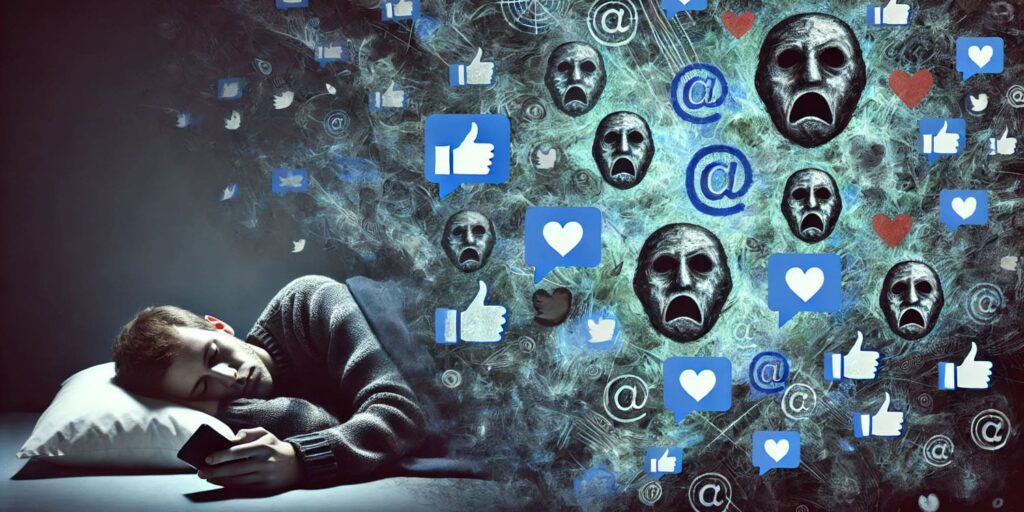
Social media has changed how we connect with friends, share our lives, and get information. Platforms like Facebook, Instagram, TikTok, and X (formerly Twitter) have billions of users worldwide. While these apps can be fun and helpful, they also have a dark side that many people don’t fully understand.
The Mental Health Impact
One of the biggest problems with social media is how it affects our mental health. Studies show that spending too much time on these platforms can lead to depression, anxiety, and low self-esteem.
When we scroll through our feeds, we see everyone else’s highlight reel. People post their best moments, perfect photos, and exciting news. This creates an unfair comparison. We start thinking everyone else has a better life than we do, even though we’re only seeing their best parts.
Young people are especially vulnerable. Teenagers who spend more than three hours a day on social media are twice as likely to experience mental health problems. The constant need for likes, comments, and followers can become addictive and harmful.
Sleep Problems and Addiction
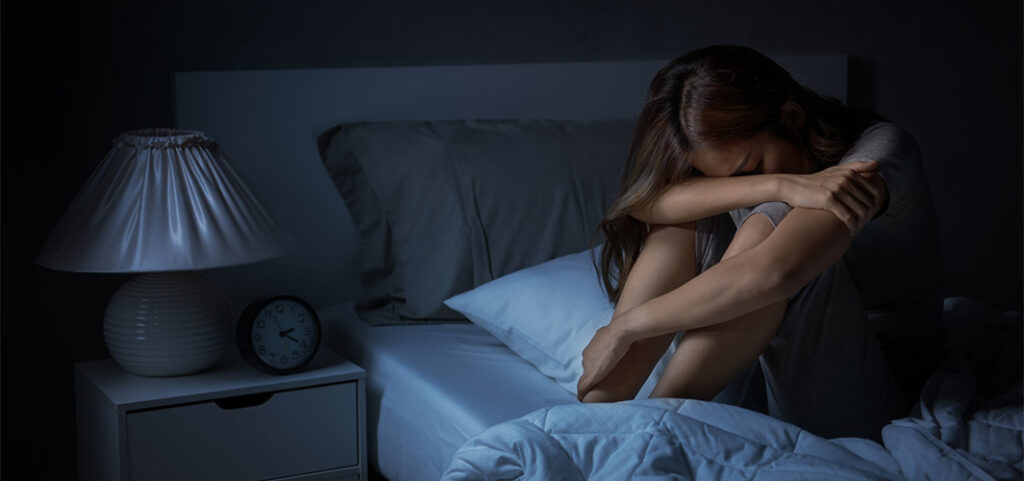
Social media apps are designed to keep us scrolling. They use tricks like infinite scroll, push notifications, and variable rewards to grab our attention. These features make the apps addictive, similar to gambling.
Many people check their phones first thing in the morning and last thing at night. The blue light from screens can mess up our sleep patterns. Poor sleep then affects our mood, concentration, and overall health.
Some people feel anxious when they can’t check their social media accounts. This fear of missing out, called FOMO, keeps people glued to their screens even when they should be sleeping, working, or spending time with family.
Privacy and Data Collection
Social media companies collect huge amounts of personal information about their users. They track what you like, what you click on, how long you spend looking at posts, and even information about your friends and family.
This data is used to create detailed profiles about you. Companies then sell this information to advertisers or use it to show you targeted ads. Sometimes this data gets stolen by hackers or misused by the companies themselves.
Many people don’t realize how much personal information they’re giving away. Even when you think your account is private, the company still collects and uses your data.
Cyberbullying and Online Harassment
Social media platforms can become places where people are cruel to each other. Cyberbullying is a serious problem, especially for young people. Unlike bullying that happens in person, online harassment can follow someone home and happen 24 hours a day.
People often say things online that they would never say face-to-face. The distance created by screens makes it easier to be mean to others. Victims of cyberbullying can experience depression, anxiety, and in extreme cases, may even consider suicide.
Spread of False Information
Social media has made it easier than ever for false information to spread quickly. Fake news, conspiracy theories, and misleading health advice can reach millions of people in just hours.
These platforms use algorithms that show us content similar to what we’ve already engaged with. This creates “echo chambers” where people only see information that confirms what they already believe. This makes it harder to have balanced discussions and can make people more extreme in their views.
During health emergencies, false medical advice shared on social media can actually be dangerous. People might avoid getting proper treatment because of something they read online.
Impact on Real-World Relationships
While social media is supposed to connect us, it can actually make us more isolated. People spend so much time interacting online that they lose the skills needed for face-to-face conversations.
Families and friends might sit in the same room but be completely focused on their phones instead of talking to each other. This can weaken real relationships and make people feel lonely even when they’re surrounded by others.
How to Protect Yourself
Understanding these problems is the first step to using social media more safely. Here are some practical tips:
Set Time Limits: Use your phone’s built-in features to limit how much time you spend on social media apps. Many phones can show you exactly how much time you’re spending and let you set daily limits.
Check Your Privacy Settings: Go through your privacy settings on each platform. Limit who can see your posts and personal information. Be careful about what you share publicly.
Take Regular Breaks: Try to have phone-free times during your day. Don’t check social media first thing in the morning or right before bed. Consider taking longer breaks, like a full day or weekend without social media.
Think Before You Post: Remember that anything you post online could be seen by future employers, family members, or strangers. Don’t post anything when you’re angry or upset.
Follow Positive Accounts: Unfollow accounts that make you feel bad about yourself. Follow accounts that inspire you, teach you something, or make you laugh in a healthy way.
Fact-Check Information: Before sharing news or health information, check if it’s true. Look for reliable sources and be skeptical of information that seems too shocking or confirms your existing beliefs too perfectly.
Talk to Someone: If social media is affecting your mental health, talk to a trusted friend, family member, or mental health professional. You don’t have to handle these problems alone.
The Bottom Line
Social media isn’t completely bad, but it’s important to understand its risks. These platforms are designed to capture and hold your attention, often in ways that aren’t good for your wellbeing.
By being aware of these dark sides and taking steps to protect yourself, you can use social media more safely. The key is to be intentional about how you use these platforms rather than letting them control you.
Remember that your real life is more important than your online presence. The goal should be to use social media as a tool that enhances your life, not one that takes over your time, sleep, and mental health.
Stay informed, set boundaries, and don’t be afraid to take breaks when you need them. Your mental health and real-world relationships are worth protecting.



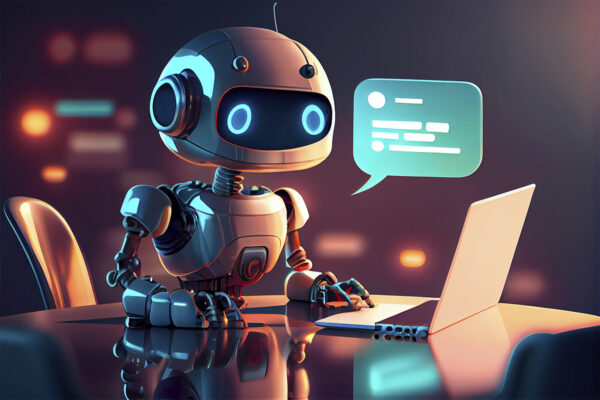
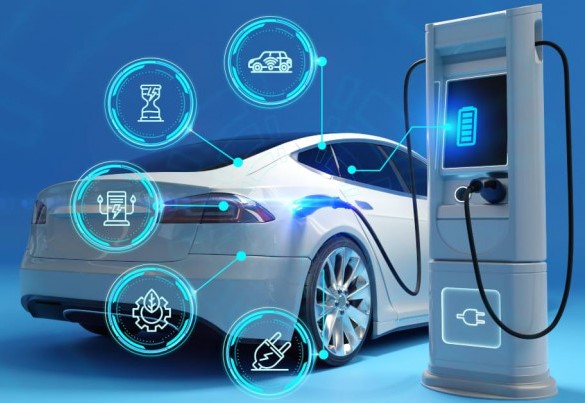



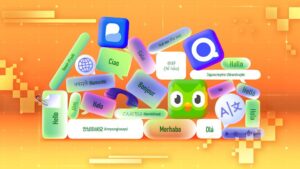

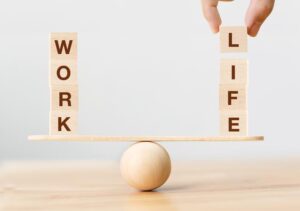
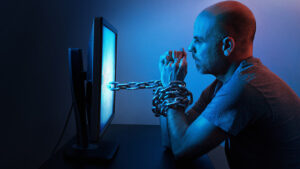
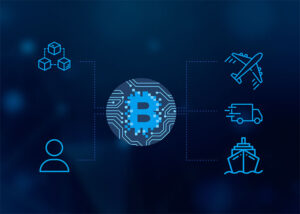
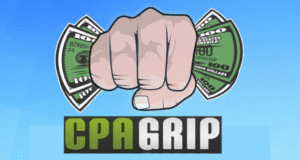
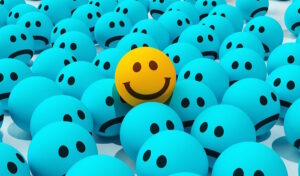
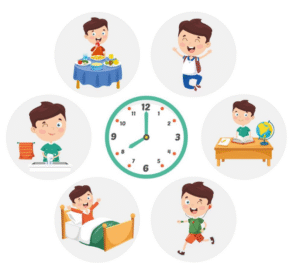
Post Comment